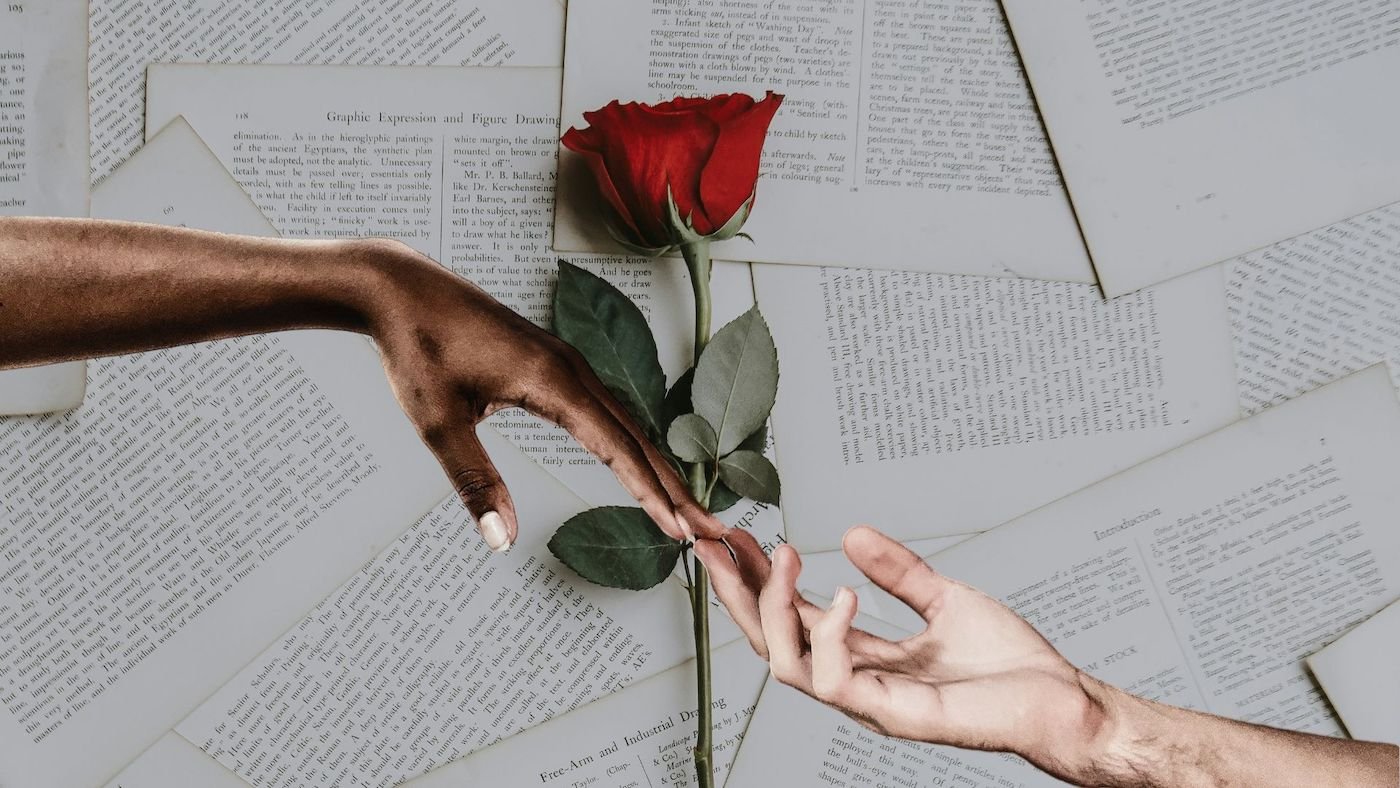One of the most famous tales of forbidden love, Romeo and Juliet, remains a timeless classic in literature. But what about the modern-day couples fighting for their right to love? Most importantly, what happens when it all goes wrong?
Whether it be due to cultural, religious, or familial reasons, hundreds of people are dealing with heartbreak due to factors outside of their control. We spoke to three people about their personal experiences with forbidden love – the secrecy, the sacrifices, and the choices they’ve been forced to make.
I knew we’d face challenges from people, but the only challenge I felt was from my parents
Simran’s Story
My Indian Gujarati parents didn’t take my relationship seriously at first, but their apprehensions grew when it became more serious. They always wanted me to be with a Gujarati boy; my boyfriend’s mother was white, and he was half-Guyanese.
“We’re not racist,” they’d say. “It’s the cultural difference.” Their main concern was children – different upbringings and different living habits. “How are you going to raise kids in a house where one parent is Hindu and the other is Christian? What will your children believe in?” My response was simple: “Why can’t they appreciate both?”
I always had to think twice about everything – before meeting up, before introducing him. My parents would tell me society has expectations and you’re humiliating the family. I knew we’d face challenges from people, but the only challenge I felt was from my parents.
It made me sad – how was I supposed to have a boyfriend and not tell them? Every time I mentioned him, they’d tear it down. We broke up in the end. It hurt my relationship with my dad so much that we didn’t speak for five months. Eventually, he apologised, but our relationship really took a hit, and I think that’s the saddest part of it all.
Sophie’s story
I first met him on social media, where we really hit it off. A couple of months later, he told me he was starting to like me, even though we hadn’t met yet. We became official, and I told my mum about him. I’m Bengali, and he is Arab. My mum was fine with it as long as he was serious. I asked him if his family would be okay with us, and he said he’d talk to them.
After a few months, he started pulling away. I asked him what was going on, and he said he was stressed about university. I didn’t push it; I was going through a tough time and became very dependent on him. Then, one day, he told me we needed to stop. He said his parents would never accept me because I wasn’t Arab, and they only wanted him to marry within his culture. I was shocked because he had reassured me before.
A few weeks later, he promised he’d talk to his parents, but nothing changed. After about a year of continuing our relationship, he stopped contacting me for two weeks. When he finally called, he told me he was engaged to someone else. I was heartbroken. He had promised me that everything would be fine, but he’d been stringing me along. It took me a long time to get over it, and it made it hard for me to trust anyone again. I spent a lot of time blaming myself, but now I realise it wasn’t my fault.
Layla’s story
I knew what my sexuality was from a young age, and I feel like being openly Brown and having a Muslim background has been more detrimental to me. My relationships are the one thing I can have to myself, devoid of any other influence from my family. But there’s this voice that’s always saying, “what’s the point?”
There have been many times when I’ve been in relationships with women, but my feelings physically can’t progress. That’s not because of an inability within myself to love people. It’s the fact that when you’ve been taught that your relationships can only be one way, all you can think about is you’ll never be supported, so the relationship must end. I do the thing where I theorise deeply about the future. Would it last? Would it not last? I have to remind myself that normal people don’t really think about that jump. They just stay in the moment.
We were at a wedding in Pakistan, and my mum kept asking me questions, like, “who’s your ideal husband?” In those moments, I feel really isolated from both my family and my community, because I’ve never fit into any of those. I’m not going to be able to share that with them.
There are some people in my family that I have come out to, but coming out isn’t enough. People put emphasis on it, but it’s not the thing it’s hyped up to be. I think it only matters when you’re supported. I asked one of my sisters what she would do if I was a lesbian. She said, “get those social ideas out of your head, stop being so easily influenced”. When someone’s coming to you with information like that, why is that your first response? Especially when I was a child figuring it out.
I remember testing the waters and asking my dad if he’d love me if I were a murderer or a serial killer. He said he’d hate what I did but would still love me. Then I asked him if he would still love me if I were gay. He told me he’d hate me then. That level of homophobic delusion is crazy.
My mum is reliant on me. But it doesn’t matter how scared she is to lose me; she would not want a queer person for a daughter.
